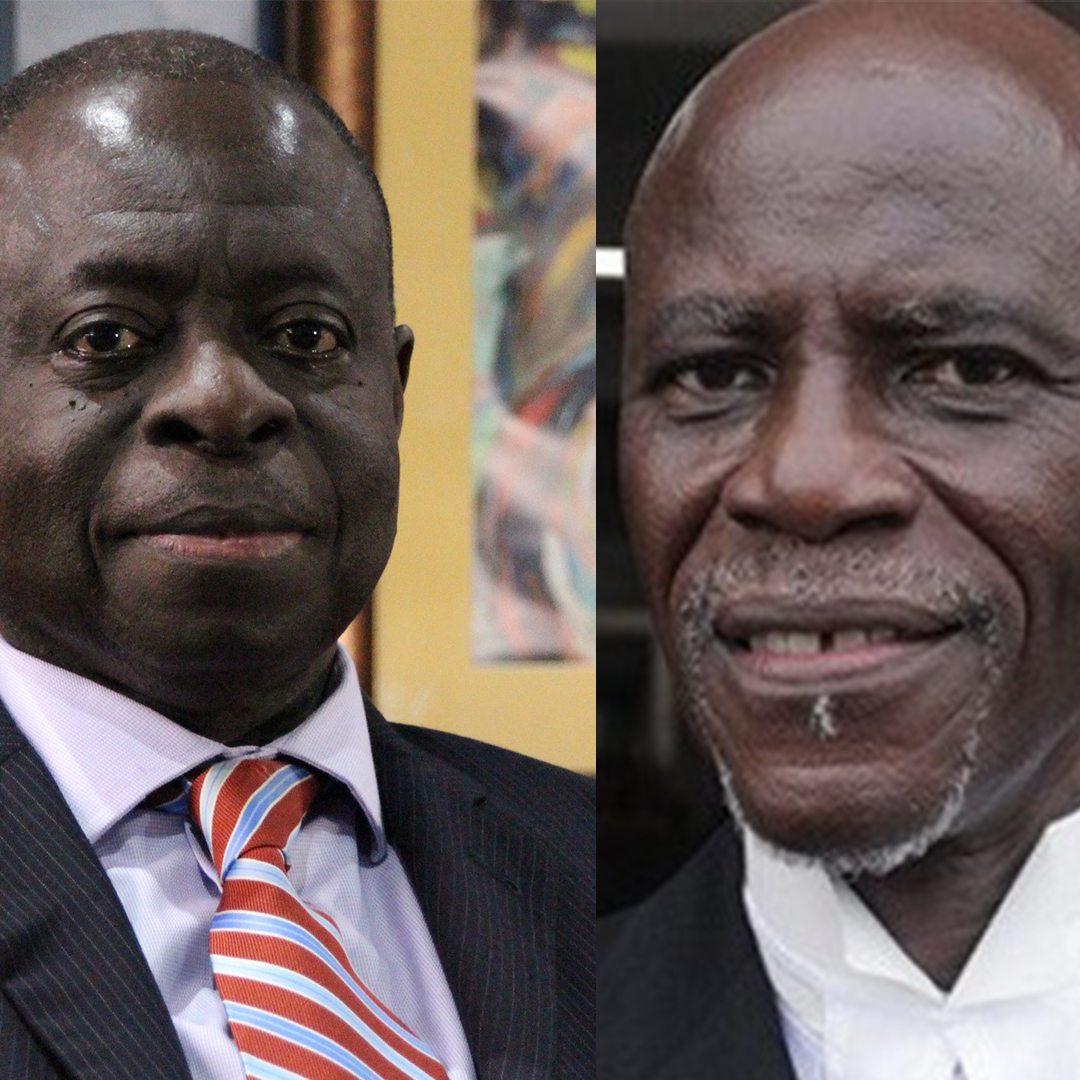-Activists, academics to Parliament
Story: News DESK
Fifteen legal, academic and civil society professionals have filled a memorandum challenging the anti-gay legislation submitted to Parliament.
In the memorandum, they argued that, the Promotion of Proper Human Sexual Rights and Ghanaian Family Values Bill 2021, which seeks to criminalise LGBTQ+ and adjacent activities, is an “impermissible invasion of the inviolability of human dignity.”
According to the18-page document , pushing the anti-LGBTQ+ is like challenging Ghana’s constitution and democracy.
The Bill prescribes that people of the same sex who engage in sexual activity could spend up to 10 years in jail.
Among the signatories to the memo are Professor Kofi Gyimah-
Boadi, Dr. Rose Kutin-Mensah, Professor H. Kwasi Prempeh, Professor Audrey Gadzekpo, Professor Kwame KariKari, Akoto Ampaw and Professor Raymond Atuguba.
They join various human rights groups, including United Nations human rights experts, which has described the Bill as state-sponsored discrimination and violence against LGBTQ+ persons.
The Bill has also sparked petitions for its withdrawal and protests at Ghana’s embassy in a few western countries.
Their memorandum, which is in response to the call by Parliament for written memos on the Anti-LGBTQ+ Bill, countered various arguments in favour of the Bill, like the claim that it is a threat to the Ghanaian family unit and family values.
They noted that “the proposers of this far-reaching claim have not provided any data or evidence to suggest that there is such a threat, beyond a resort to some dogmatic religious tenets and so-called Ghanaian family values.”
In response to the religious arguments made in favour of the Bill, the signatories to the memo said “Christ’s message was/is that we should love our neighbour and not be judgmental and promote the hate and bigotry that many self-styled Christians exhibit and seek to impose on Ghanaian society.”
In addition, they stressed that Ghana was a secular democracy in line with Article 18 of the constitution, “not a theocratic Christian or Islamic Republic or an African traditional monarchy or chiefdom.”
“In other words, while it allows Christian, Islamic, African traditional and other religious beliefs and practices to exist in harmony with one another as fundamental rights, our Constitution rightfully forbids the imposition of a religious dogma, whether Christian or Islamic or traditional on Ghanaians.”
Their memo also contained references to Supreme Court judgements like NPP v. IGP in November 1992 which affirmed the right of the people to assemble and demonstrate against the Public Order Decree 1972.
“In countries that practice true democracy, supporters and opponents of every conceivable cause are given freedom to associate and express their views,” the judge declared in that case.
They thus urged the Parliamentary Select Committee on Constitutional, Legal and Parliamentary Affairs to reject the Bill and “not to create a society where the state through legislation imposes one view of ‘proper human sexual rights’.”




